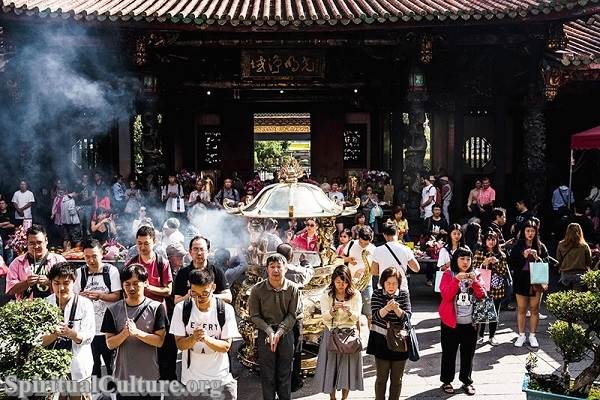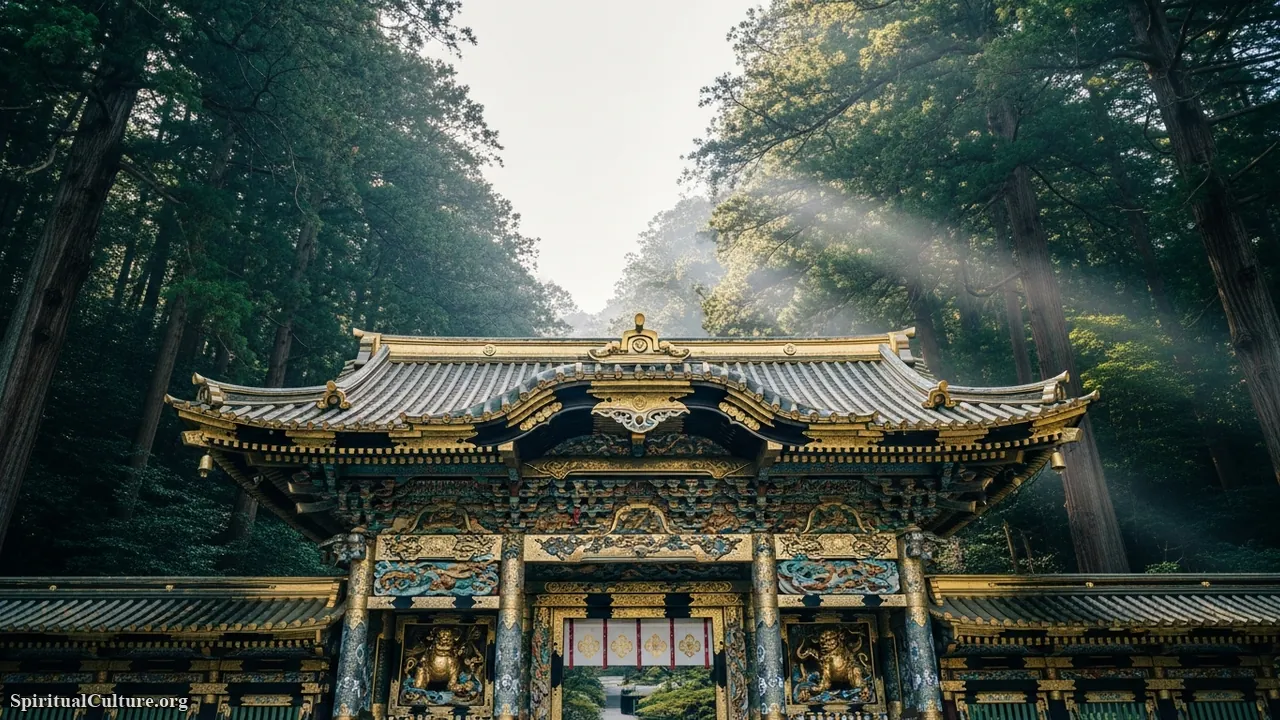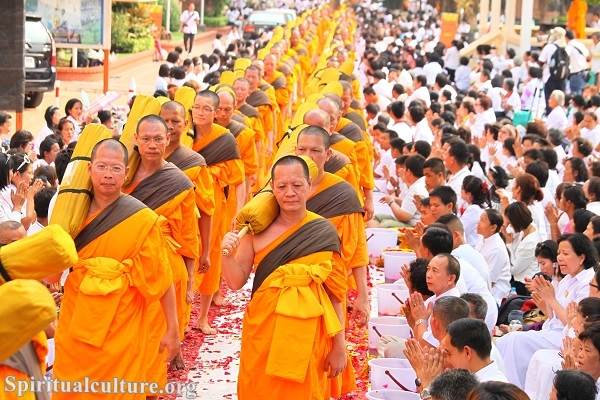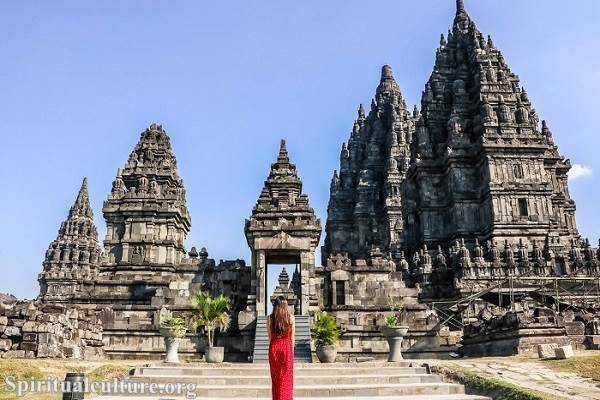Taiwan, a small island located in Eastern Asia, packs a punch when it comes to culture. Lying southeast of China, this democratic republic is known for its vibrant city life, lush green landscapes, stunning mountainous regions, and its rich culture. The Culture of Taiwan is a blend of traditional Chinese culture, indigenous Taiwanese cultures, Japanese influence, and increasingly Western values.

One of the most fascinating aspects of the Culture of Taiwan is how it melds the old and new. Ancient traditions and customs coexist with modern technology and Westernized lifestyles. Whether it’s the centuries-old temples standing tall amidst the towering skyscrapers or watching a traditional puppet show in a state-of-the-art theatre, Taiwan’s culture is a testimony to the country’s ability to embrace the new while preserving the old.
Taiwan Food
Taiwanese cuisine is a feast for the senses. The food in Taiwan is a mix of several influences, including Chinese, Japanese, and aboriginal cuisines. The island’s food is deeply rooted in its history, geography, and people. While the influence of Chinese cuisine is evident in many dishes, Taiwan has spun its own unique take on these dishes.
One of the most popular and iconic dishes of Taiwan cuisine is the beef noodle soup, which consists of succulent braised beef, tender noodles, and a rich broth. Other popular dishes include stinky tofu, a fermented tofu that has a strong and stinky smell, and bubble tea, a sweet drink with tapioca pearls that originated in Taiwan.
Street food is another integral part of Taiwan’s food culture. Night markets, a signature feature of Taiwan, are filled with food stalls selling everything from sumptuous dumplings and seafood to fruits and desserts. These markets are a foodie’s paradise and provide a window into the culinary culture of Taiwan.
Taiwan Traditional Clothing
The traditional clothing of Taiwan is a beautiful representation of the island’s rich cultural heritage. Hanfu, the traditional costume of the Han Chinese people, is one of the most common traditional outfits in Taiwan. Its simplicity and elegance characterize it.
However, due to the influence of different dynasties, Taiwan’s traditional clothing has evolved over the centuries. The Qipao (Cheongsam) and the Changshan were introduced during the Qing dynasty. Women’s Qipao is a one-piece dress that is often made of silk and adorned with intricate patterns. Changshan, on the other hand, is a long robe usually worn by men.
Apart from these, the aboriginal tribes of Taiwan have their own unique traditional clothing. These outfits are usually colorful and decorated with geometric patterns and symbols, representing the tribe’s beliefs and values. Although western-style clothing is predominantly worn in modern Taiwan, traditional clothing is still worn during festivals, weddings, and other special occasions.
Taiwan Cuisine
Taiwanese cuisine is a gastronomic delight that various cultures have influenced. The island’s abundant seafood, tropical fruits, and diverse range of ingredients have all contributed to the rich tapestry of its cuisine.
Taiwanese cuisine is known for its use of fresh ingredients, fragrant herbs, and bold flavors. Dishes like Lu Rou Fan (braised pork rice), Guo Bao (Taiwanese hamburger), and Dan Bing (Taiwanese pancake) showcase the island’s culinary expertise.
Moreover, Taiwanese cuisine is not just about the food but also the experience. Tea drinking is an important aspect of Taiwanese food culture. Tea houses in Taiwan offer a wide variety of teas and a tranquil environment in which to enjoy the drink.
In conclusion, the culture of Taiwan is an eclectic mix of various influences, traditions, and modernity. Its culture takes immense pride in its history while welcoming new ideas and influences. From food and clothing to arts and festivals, Taiwan culture is a vibrant and dynamic force that is continually evolving. It’s a culture that invites you to immerse yourself and discover its many treasures.



